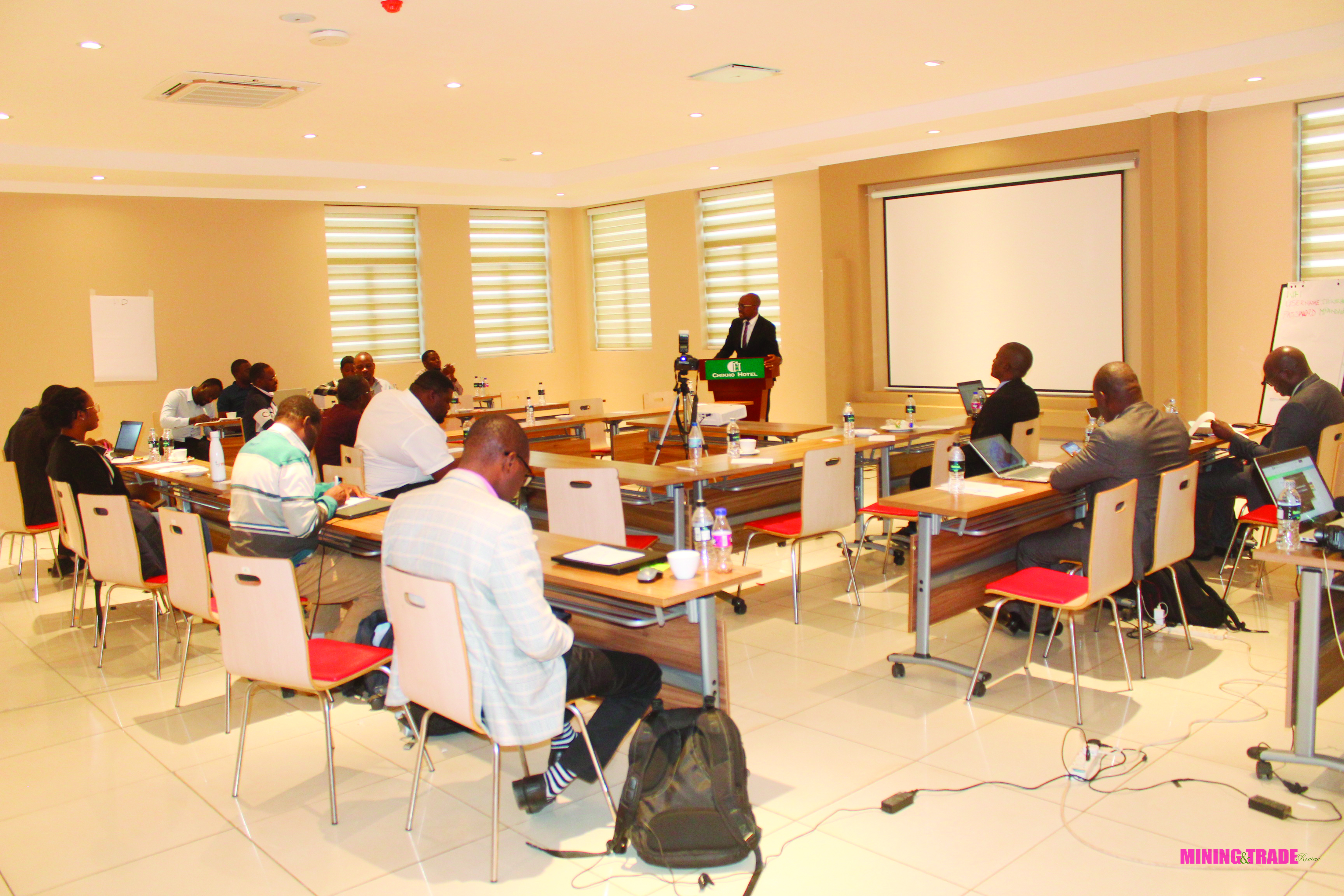
Mining
CSOs engage political parties on mining governance
October 08, 2025 / Wahard Betha

Meeting in Mponela
As the Nation draws closer to general elections on September 16, Civil Society Organizations operating in the extractive sector under the banner of the Natural Resources Justice Network (NRJN) have called on political parties to commit to upholding transparency and accountability in the management of government revenue realized from mining activities.
The call was made during an Extractive Industry Transparency Initiative (EITI) dialogue which NRJN organized in Mponela, Dowa, targeting Secretary Generals of key political parties in Malawi namely: Malawi Congress Party (MCP). United Democratic Front (UDF), Alliance for Democracy (AFORD), Democratic Progressive Party (DPP), United Transformation Party (UTM) and, Peoples Party (PP)
Chairperson for Centre for Multiparty Democracy who is Secretary General for Peoples Party Ben Chakhame in an interview at the event hailed the meeting saying it came at an opportune time when a lot have to be improved in the mining sector.
He said it is now time for politicians together with other duty bearers to hold hands and start turning ideas to boost Malawi’s mineral sector into action.
He said: “Just to call a spade a spade we have so many people who are sleeping on their jobs not only in mining sector alone but in the whole government machinery.”
“We need leadership which has political will and is action oriented. we should not be preaching theories forever but we should take those theories into action.”
“There is too much bureaucracy or red tape in government departments. You find a very important document lying on somebody’s desk for months or a year awaiting a mere signature.”
Chakhame, however, expressed concern over the timing of the meeting suggesting that it should be organized after a new party comes into power.
“This is benchmarking where we are putting milestones, so periodically we have to be checking administration in power if we are moving in the right direction because we have a lot to improve in the sector,” he said.
In his remarks, Coordinator for NRJN Kennedy Rashid said the meeting acted as a platform where political parties, CSOs and government agencies can connect and exchange ideas on how to transform the sector.
Rashid said: “We thought of engaging the political parties because we understand that one of them will be taking over come next elections.”
“We wanted to try to learn from them, try to share with them what we know, and also connect them to some various government agencies like Mining and Minerals Regulatory Authority (MMRA), MWEITI Secretariat and Department of Mines.”
Almost all key political parties to contest in the coming elections have unveiled their manifestos which among others incorporate plans for developing the mining sector. Rashid, however, expressed disappointment that all manifestos are not clearly indicating how they will develop the mining sector.
He said: “One of the gaps we continue to see in political party manifestos is the tendency to speak about ‘developing the mining sector’ in very general terms without providing concrete commitments.”
“What Malawians need from parties ahead of the elections are specific, time-bound actions on key issues that will determine whether the mining sector becomes a true driver of inclusive growth or a source of conflict and lost opportunity.”
“Parties must commit to transparency and contract disclosure, ensuring that all mining contracts are published so that citizens know the terms under which their resources are being exploited.”
Rashid also said the parties need clear plans on revenue management and accountability, detailing how mining revenues will be collected, reported, and reinvested for national and local development.
He explained that community benefits and environmental stewardship should be explicitly addressed, outlining what mechanisms will ensure that mining-affected communities see tangible benefits while their environment is safeguarded.
Rashid called for legal and institutional reforms to be a priority area, especially strengthening regulatory institutions, closing legal loopholes, and aligning Malawi’s framework with international best practices.
“Parties must embrace civic participation, accountability, and grievance mechanisms so that citizens, civil society, and communities have a voice in mining governance and can raise concerns without fear. Mining cannot exist in isolation; parties should outline strategies for linkages and infrastructure, showing how mining will connect to local industries, skills development, and broader economic growth,” he said.
The EITI dialogue is part of the project that NRJN is implementing titled "Exposing Illicit Financial Flows in Mining and Reinforcing Compliance with the Extractive Industry Transparency Initiative (EITI), a global standard that promotes open and accountable management of natural resources.































